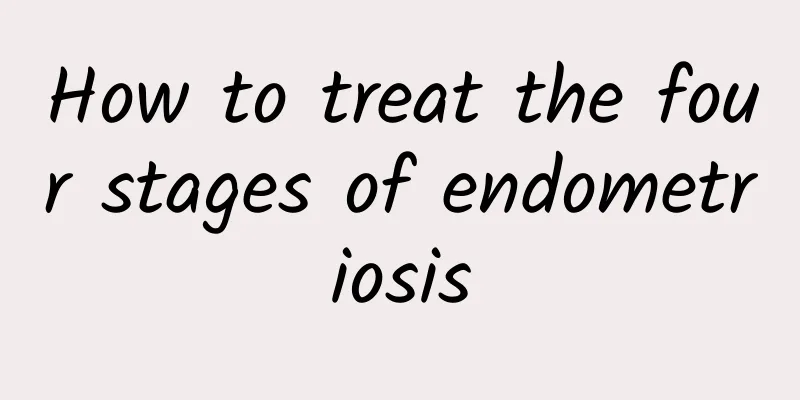Will adenomyosis get better after menopause?

|
Will adenomyosis get better in postmenopausal women? 1. If it is menopause, adenomyosis will also be alleviated or healed on its own, but the probability is relatively small. Generally, adenomyosis will cause worsening abdominal pain, irregular menstruation, and delayed menopause. Once this phenomenon occurs, it needs immediate treatment. 2. More common in adenomyosis. Women aged 40-50 who have given birth to children usually experience lower abdominal pain during menstruation a few years after giving birth, which usually becomes more and more severe. Painkillers are generally needed, and many patients need painkiller injections. Some women roll on the ground in pain, and painkiller injections cannot completely relieve the pain. Over time, the effect of painkiller injections becomes worse and worse. Accompanied by pain, menorrhagia, and anemia. Gynecological examination shows that the uterus is generally uniformly enlarged, with a smooth and hard surface, and generally does not exceed 3 months of pregnancy, otherwise it may be accompanied by uterine fibroids. Adenomyosis test: 1. Imaging examination This is the most effective means of diagnosing this disease before surgery. Vaginal ultrasound examination has a sensitivity of 80% and a specificity of 74%, which is more accurate than abdominal probes. Adenomyosis B has an increased uniformity of the uterus and uneven echoes; adenomyoma B has an unevenly enlarged uterus, localized protrusions, and uneven echoes of the lesions. Objective understanding of the location and extent of the lesion before MRI surgery is very helpful in determining the treatment method. Diffuse adenomyosis MRI shows diffuse thickening of the uterine junction zone on T2WI; localized adenomyosis shows a low-signal mass shadow similar to the signal on T2WI with blurred boundaries. 2. Serum CA125 The serum CA125 level is elevated in some patients with adenomyosis, which is of certain value in monitoring the therapeutic effect. Whether it is uterine fibroids or adenomyosis, or both, it is impossible to heal on its own after menopause and requires regular treatment. It is recommended that you go to a higher-level hospital for a review, clarify the situation, and then decide on a treatment plan! |
<<: What are the diagnostic criteria for adenomyosis?
>>: How to prevent pregnancy with adenomyosis
Recommend
Losing weight but gaining weight again? Don’t make these 3 NG weight loss mistakes! Nutritionist recommends: 6 tips for gentle weight loss with 1410 fasting
People who try various ultimate weight loss metho...
New drug for the treatment of adenomyosis
There is no new medicine for adenomyosis. The mor...
How is ectopic pregnancy treated?
Ectopic pregnancy surgery mainly includes laparos...
In summer, you will sweat a lot and eat less fried food, drink enough water
The temperature has been rising sharply in recent...
Can people with uterine fibroids take protein powder?
Can people with uterine fibroids take protein pow...
What is the best way to treat uterine fibroids? What are the types of uterine fibroids?
Uterine fibroids Uterine fibroids are a type of m...
Choose the best time for abortion to reduce damage
Abortion can help many female friends who have un...
Can I get pregnant if I have chronic cervicitis?
Chronic cervicitis does not usually directly affe...
What are the symptoms of mild cervical erosion? Four key points to prevent mild cervical erosion
The early symptoms of mild cervical erosion are o...
What are the early symptoms of dysmenorrhea in women?
What are the symptoms of dysmenorrhea? What are t...
What are the symptoms of ovarian cysts and how to prevent them
What are the symptoms of ovarian cysts and how ca...
What medicine can control the growth rate of uterine fibroids?
What medicine can be taken to control uterine fib...
Gynecological diseases such as vaginitis can also cause cervicitis
The cause of cervicitis is mostly caused by bacte...
Can congenital absence of vagina be cured by taking Chinese medicine?
As the lives of patients with congenital absence ...
Are uterine fibroids hereditary?
Uterine fibroids are a benign tumor, so many wome...









